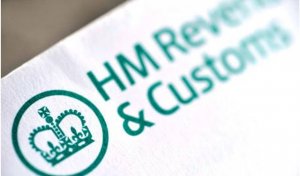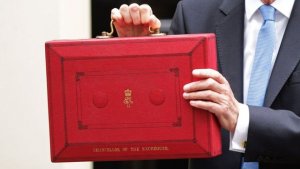- Private Wealth
- Tax & Estate Planning
- Trusts

Shorter Reads
£15bn lost behind the sofa
1 minute read
Published 13 June 2019
Key information
- Services
- Private Wealth
- Tax & Estate Planning
- Trusts
This research should serve as a good reminder to everyone that it is important that your family and professional advisors know what funds you have in what accounts. Should the unthinkable happen tomorrow, would your executors know what monies they must account for, and possibly pay tax on?
Lack of certainty can have a number of impacts. For one thing, executors are under a duty to account to HMRC for tax due to the date of death and during the administration period. However, should further funds come to light at a later date this will drag out the administration process. In addition, small sums held in bank accounts can be applied towards the estate’s inheritance tax; banks will often release small sums without requiring a grant of probate which, in a catch-22 scenario, the Probate Registry will not release until inheritance tax has been paid.
These undiscovered sums are also monies that should be passed to the relevant beneficiaries under the deceased’s Will, or according to the intestacy rules if the deceased died without a Will. If those funds are substantial, they may represent a valuable benefit to that recipient rather than languishing in an account.
Clients should make the lives of their executors and professional advisors as straightforward as possible and provide them with a schedule of their assets, including details such as the names of third party account holders and any relevant account numbers. As and when these details change it can be very useful to provide an updated schedule, for example at an annual estate planning meeting.
Associated sectors / services
Authors
This research should serve as a good reminder to everyone that it is important that your family and professional advisors know what funds you have in what accounts. Should the unthinkable happen tomorrow, would your executors know what monies they must account for, and possibly pay tax on?
Lack of certainty can have a number of impacts. For one thing, executors are under a duty to account to HMRC for tax due to the date of death and during the administration period. However, should further funds come to light at a later date this will drag out the administration process. In addition, small sums held in bank accounts can be applied towards the estate’s inheritance tax; banks will often release small sums without requiring a grant of probate which, in a catch-22 scenario, the Probate Registry will not release until inheritance tax has been paid.
These undiscovered sums are also monies that should be passed to the relevant beneficiaries under the deceased’s Will, or according to the intestacy rules if the deceased died without a Will. If those funds are substantial, they may represent a valuable benefit to that recipient rather than languishing in an account.
Clients should make the lives of their executors and professional advisors as straightforward as possible and provide them with a schedule of their assets, including details such as the names of third party account holders and any relevant account numbers. As and when these details change it can be very useful to provide an updated schedule, for example at an annual estate planning meeting.
Associated sectors / services
- Private Wealth
- Tax & Estate Planning
- Trusts
Authors
Need some more information? Make an enquiry below.
Subscribe
Please add your details and your areas of interest below
Article contributor
Aidan
GrantPartner
Specialising in International trusts, tax & estate planning, Private wealth, UK trusts, tax & estate planning and US/UK Tax & estate planning
Enjoy reading our articles? why not subscribe to notifications so you’ll never miss one?
Subscribe to our articlesMessage us on WhatsApp (calling not available)
Please note that Collyer Bristow provides this service during office hours for general information and enquiries only and that no legal or other professional advice will be provided over the WhatsApp platform. Please also note that if you choose to use this platform your personal data is likely to be processed outside the UK and EEA, including in the US. Appropriate legal or other professional opinion should be taken before taking or omitting to take any action in respect of any specific problem. Collyer Bristow LLP accepts no liability for any loss or damage which may arise from reliance on information provided. All information will be deleted immediately upon completion of a conversation.
Close






























































































